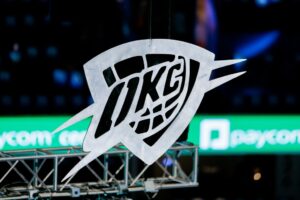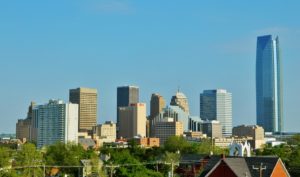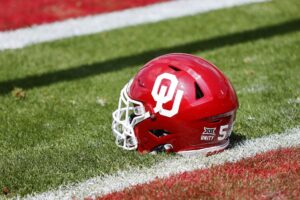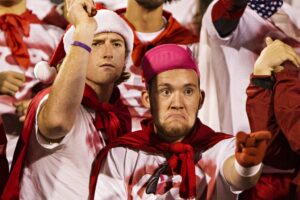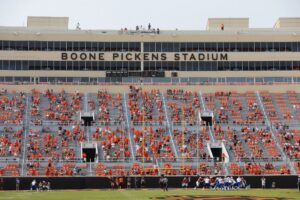Oklahoma Sports Betting Legislative Outlook for Legalized Sports Betting
-
 Martin Green
Martin Green
- November 19, 2025
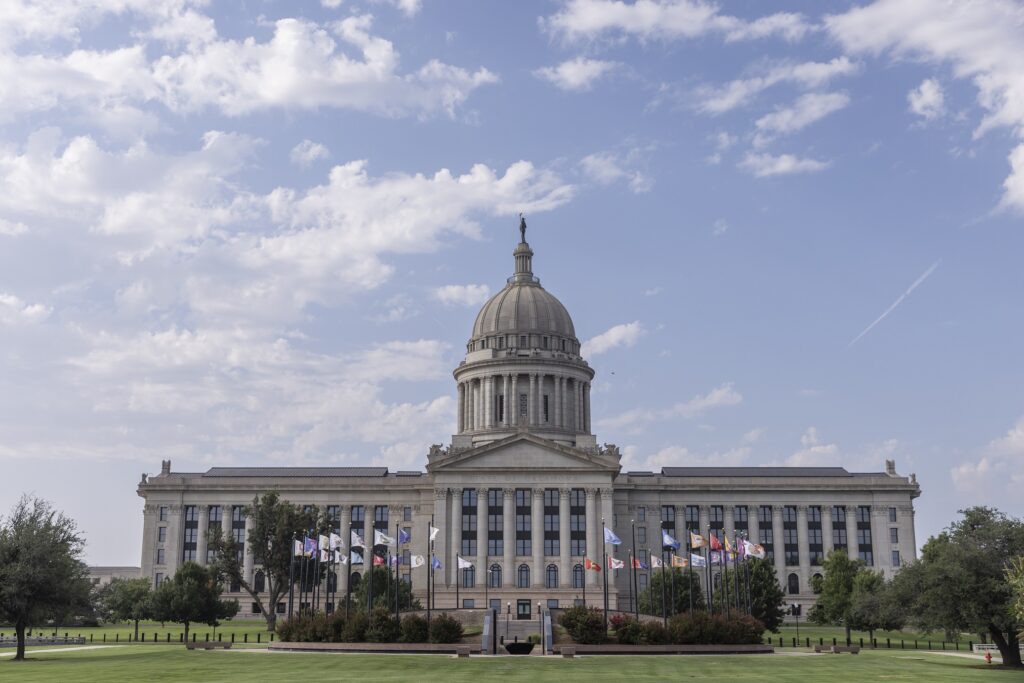
BMR Expert Opinion & Legal Timeline (2025–2028)
Oklahoma is one of the most gaming-saturated states in the country – more than 140 tribal casinos operate under state-tribal compacts, second only to Nevada in sheer casino count. Yet, despite that mature ecosystem, Oklahoma still doesn’t offer fully regulated statewide online sports betting or mobile sportsbook apps.
From a bettor’s perspective, that gap can feel baffling. From a regulatory and political perspective, it’s the logical result of how Oklahoma built its gaming market: on tribal sovereignty, compacts, and carefully negotiated exclusivity.
Below, I’ll walk through the history, current status, and realistic future of sports betting in Oklahoma, with direct references to state and tribal sources so you can see exactly where things stand.
How Oklahoma’s Modern Gaming Market Was Built
If you want to understand why sports betting is complicated here, you have to start with tribal gaming.
From Cabazon & IGRA to State Question 712
In 1987, the U.S. Supreme Court’s California v. Cabazon Band of Mission Indians decision affirmed that tribal governments could operate gaming independent of state regulation in many circumstances. Congress followed with the Indian Gaming Regulatory Act (IGRA) of 1988, which requires tribal–state compacts for Class III gaming (slots, house-banked casino games, and most full-scale casino operations).
Oklahoma implemented that framework with State Question 712, approved by voters in 2004. The measure created a model tribal gaming compact that any federally recognized tribe in the state could accept, once approved by the U.S. Secretary of the Interior. That compact authorized:
- electronic bingo-style games
- electronic amusement and instant bingo games
- non-house-banked card games
In exchange, compacting tribes pay monthly exclusivity fees and assessments to the state, and comply with minimum standards for accounting, auditing, and other regulatory requirements overseen by the Gaming Compliance Unit within the Office of Management and Enterprise Services (OMES).
You can read the state’s own explanation of this framework on the
Oklahoma Gaming Compliance Unit page and its FAQ on Indian gaming and compacts.
Tribal Gaming’s Scale and Political Weight
Today, 33 of Oklahoma’s 38 federally recognized tribes operate gaming, using revenues to fund tribal government, economic development, and local services – purposes explicitly required under IGRA. The Oklahoma Indian Gaming Association (OIGA) represents tribal gaming interests statewide and is an influential voice on any proposed changes to the gaming map.
At OIGA’s 2025 conference in Oklahoma City, sports betting was a front-burner topic, with tribal leaders and state officials openly discussing how – and whether – to add it to existing compacts.
All of that sets the stage for why sports betting has become a high-stakes negotiation instead of a quick, copy-and-paste job from other states.
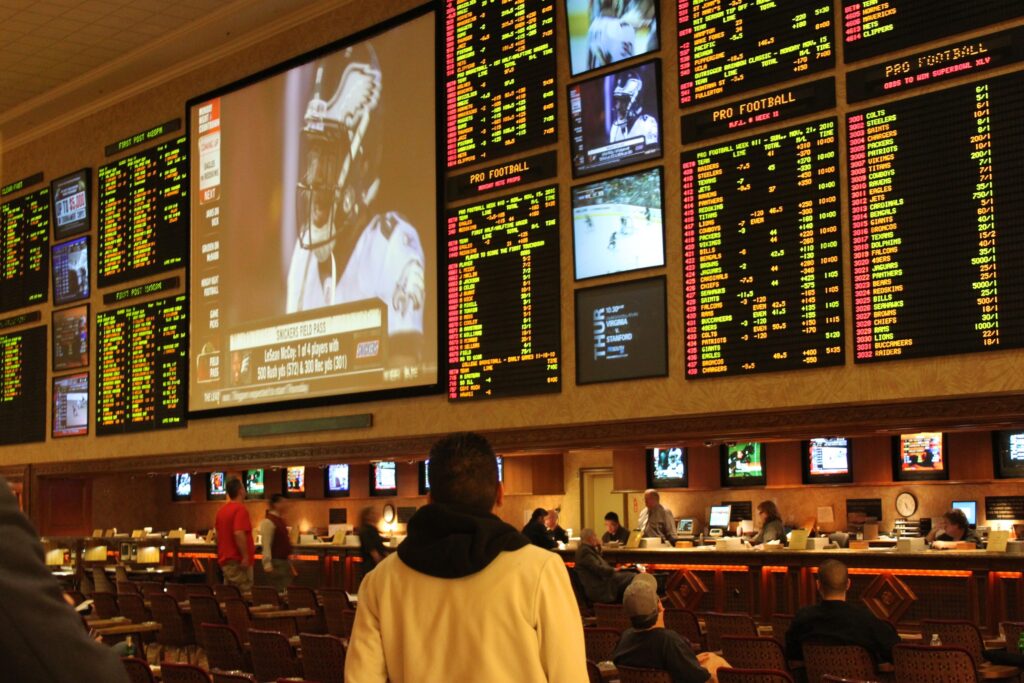
Why Oklahoma Still Hasn’t Launched Full Online Sports Betting
From the outside, it’s easy to say, “Other states flipped the switch – why not Oklahoma?” Inside the Capitol and tribal council rooms, four sticking points keep coming up.
Compacts and Control
Because Oklahoma gaming is built on tribal–state compacts, any sports betting expansion has to decide:
- Is sports betting a new Class III “covered game” under the existing compact model?
- Or is it a separate regime with different partners and rules?
Several 2025 bills – including House Bills 1047 and 1101 – explicitly take the compact route, authorizing tribes to amend their compacts to add sports wagering while preserving existing exclusivity payments.
Tribal leaders, through OIGA, have emphasized that tribal exclusivity is non-negotiable: they want sports betting treated as a compacted game operated by tribes, not something the state can unilaterally hand to outside companies.
Tax Rates and Revenue Allocation
There is no agreement yet on:
- the tax or exclusivity fee rate on sports betting revenue (proposals range from 5% tiered rates to flat 10% or higher)
- where that money goes – education, infrastructure, general fund, or specialized programs like problem-gambling treatment
In HB 1047, for example, the House specifically highlighted capturing revenue “currently being bet illegally or out of state” while protecting funding for compulsive-gambling treatment at the Oklahoma Department of Mental Health and Substance Abuse Services.
That sounds simple, but the exact split between tribal governments and the state – and what gets promised to voters – is still very much under scrutiny.
Licensing Models and Who Gets In
Multiple licensing concepts are competing:
- Tribal-only model: tribes control all sports betting under compact amendments
- Hybrid model: tribes remain central, but select non-tribal entities (like the Oklahoma City Thunder) could receive licenses under specific bills such as SB 585
- Governor’s “free-market” approach: Governor Kevin Stitt has repeatedly floated broader commercial competition, publicly criticizing bills that give tribes exclusive control and arguing for a more open marketplace.
Each model has champions and opponents. Anything that’s perceived as undermining compact exclusivity is a red flag for tribal nations; anything viewed as too restrictive can be a red flag for the Governor’s office.
Legislative Timing and Competing Priorities
Even when there is conceptual support, Oklahoma’s short legislative sessions and crowded agendas – budgets, education, infrastructure – mean sports betting can simply run out of runway. As one senator put it this year, there’s “so much stuff that you have to deal with” that sports betting can quickly fall by the wayside.
That’s exactly what has happened in multiple sessions: sports betting moves, gets real traction, then stalls as deadlines hit.
Recent Sports Betting Bills: Progress Without a Finish Line
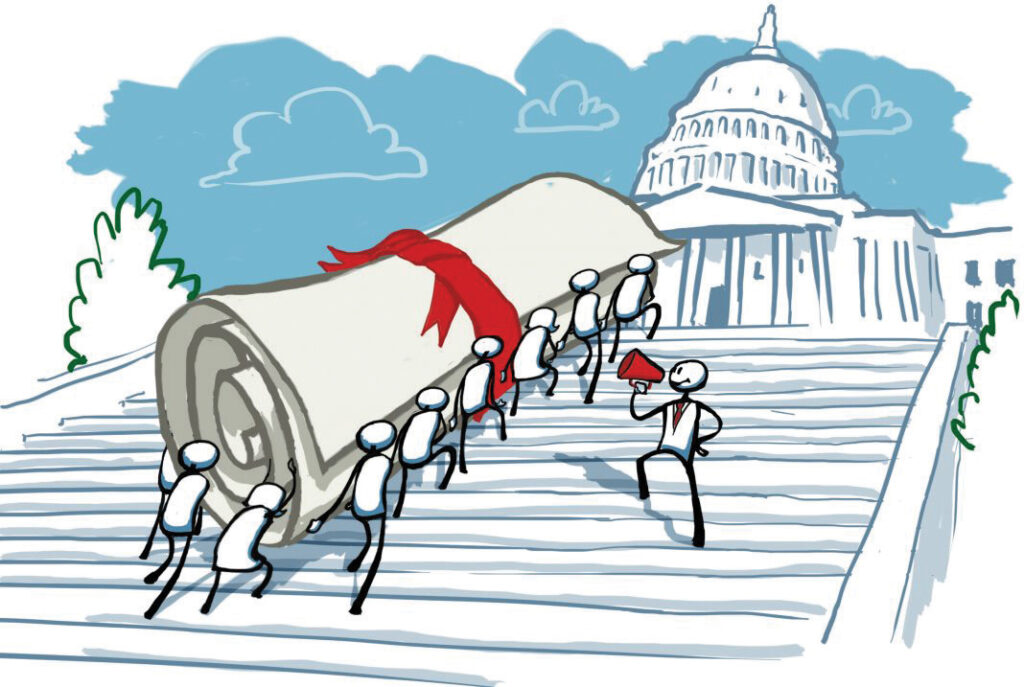
Oklahoma has not been idle. It just hasn’t closed the deal.
2025: Tribal-Exclusive Bills Clear the House
In March 2025, the Oklahoma House of Representatives passed HB 1047 and HB 1101, both authored by Rep. Ken Luttrell.
- HB 1047 authorizes sports betting in Oklahoma by allowing tribes to adopt compact supplements for sports wagering, maintaining existing problem-gambling funding and exclusivity structures.
- HB 1101 sets up a voter referendum on sports betting if HB 1047 fails, giving the public a direct say while using a similar tribal-exclusive framework.
Both bills would give tribes exclusive rights to operate sports betting, with the state receiving roughly 10% of sportsbook revenue.
Those bills advanced to the Senate, where companion and competing concepts were already in play.
Senate Proposals: SB 125, SB 585 and Others
On the Senate side, SB 125, filed ahead of the 2025 session, proposes legal sports betting requiring at least four tribes to renegotiate compacts, using a tiered tax structure starting at 5%.
Another high-profile measure, SB 585, would:
- allow tribes to offer in-person and mobile sports betting on tribal land, and
- grant the Oklahoma City Thunder a license to operate mobile sports betting off tribal land, with a 10% state share of net revenue.
These Senate bills reflect a more hybrid vision, and they’ve raised concerns among some tribal leaders and industry analysts about potential compact violations and tribal exclusivity issues.
Governor vs. Tribes: A Long-Running Dispute
The sports betting debate is layered on top of a long-running clash between Governor Stitt and tribal nations over compact renewals and interpretations. Those disputes have already gone through courts and public showdowns, making both sides more cautious.
The result in 2025: multiple bills advancing, strong signals of interest from both chambers, and serious tribal engagement – but no final, unified framework sent to the Governor’s desk.
Legal Status Today: What Is and Isn’t Allowed
As of late 2025:
- There is no state-regulated retail or online sports betting open to the general public in Oklahoma.
- Tribal casinos continue to operate under Class II and Class III compacts for slots, electronic bingo, and table games.
- Traditional gambling prohibitions remain in place in the state criminal code for unlicensed gaming and bookmaking.
Some Oklahomans choose to bet with offshore sportsbooks that accept U.S. players, but those sites operate outside state jurisdiction, and nothing in this article should be taken as legal advice or an endorsement of any specific legal risk profile. For a precise view of your legal exposure, you’d need to speak with an attorney licensed in Oklahoma.
Outlook: When Could Regulated Online Sports Betting Actually Launch?
At BMR we track three questions:
- Will sports betting legislation pass?
- Will it include mobile wagering statewide?
- How long would it take to launch after passage?
Based on the 2025 session, tribal statements, and the current political environment, here’s a reasoned (but not guaranteed) outlook.
2025–2026: More Negotiation Than Launch
Given that the House has already advanced tribal-exclusive bills and the Senate has embraced hybrid concepts, 2026 is likely to be another heavy negotiation year:
- Probability new sports betting bills are introduced by 2026: ~60–70% (high)
- Probability something clears at least one chamber again: high
- Probability full, unified legislation passes both chambers and is signed in 2026: moderate at best
Key swing factors:
- Whether tribal leaders and OIGA can agree on a single preferred model (tribal-exclusive vs. limited hybrid)
- Whether Governor Stitt or his successor is willing to sign a compact-centric framework
- Whether projected revenue – often estimated in the tens of millions annually – is framed as essential for budget or education needs
Realistic Launch Window for Mobile Sportsbooks
Even if legislation passes in 2026, Oklahoma would still need:
- formal compact amendments with participating tribes
- federal review/approval by the U.S. Department of the Interior
- state-level rulemaking and licensing for platform providers
In states with tribal compacts, that rollout typically takes 12–24 months. Based on that:
- Earliest realistic launch for regulated online sports betting: mid-to-late 2027
- More conservative window: sometime in 2028, especially if litigation or political changes delay implementation
Again, these are projections – not promises – based on how similar frameworks have rolled out in other tribal-gaming states and what Oklahoma’s own legislative rhythm looks like.
What the Likely Oklahoma Sports Betting Model Will Look Like
While nothing is final, the direction of most serious bills points toward:
- Tribal control or clear tribal primacy
- Sports betting would be added to the list of compacted games, preserving exclusivity and revenue flows to tribal governments.
- State revenue share via exclusivity or tax
- A flat or tiered rate in the 5–10% range on net sportsbook revenue has been most commonly discussed.
- Age 21+ for regulated betting
- Consistent with proposals in other states and standard industry practice.
- Phased rollout of mobile betting
- Early stages may prioritize tribal-branded apps and on-property betting, expanding to full statewide mobile as systems and compacts mature.
- Robust responsible-gaming requirements
- Expect to see mandatory self-exclusion lists, deposit limits, and funding for problem-gambling services – in line with Oklahoma’s existing focus on compulsive-gambling treatment in HB 1047 and other measures.
If a hybrid model survives – for example, one that gives the Oklahoma City Thunder a license alongside tribes – that would make Oklahoma one of the more unique “mixed” tribal/commercial sports betting states in the country.
The Bottom Line for Oklahoma Bettors
From a bettor’s perspective, Oklahoma sits in an odd spot:
- It has one of the most developed tribal casino markets in the U.S.
- It has visible legislative momentum – multiple House and Senate bills, hearings, and explicit tribal engagement.
- But it still does not offer state-regulated retail or mobile sportsbooks as of late 2025.
At BMR, our view is straightforward:
Once Oklahoma’s tribal nations and state leadership align on a compact-friendly sports betting model, the actual rollout could be relatively fast. The fundamentals – a strong sports culture, powerful tribal infrastructure, and clear consumer demand – are already in place.
Until that consensus forms, Oklahoma’s story will remain what it has been for the last several sessions: close, but not quite across the goal line.
If you’re following this closely, keep an eye on:
- Official updates from the Oklahoma House on bills like HB 1047 and HB 1101
- The Gaming Compliance Unit and its compact-related resources
- Public statements and position papers from OIGA
Those are the best early indicators of when the Sooner State might finally say yes to legal, regulated online sports betting – and how that market will be structured when it does.
